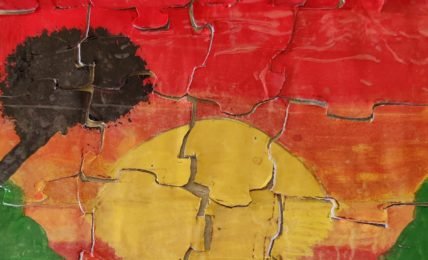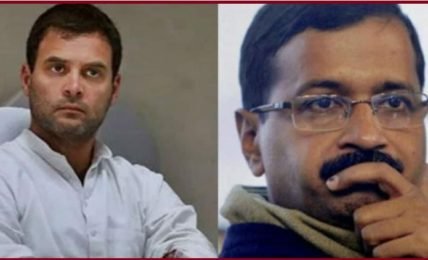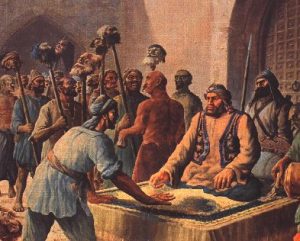Madras HC Slams Muslim community for Intolerance & not allowing Hindu Religious Procession in Muslim Dominated Area
If the same principle of religious bigotry is adopted, the so-called 'minorities' would not be able to conduct any festival or procession in most of the areas of India.




